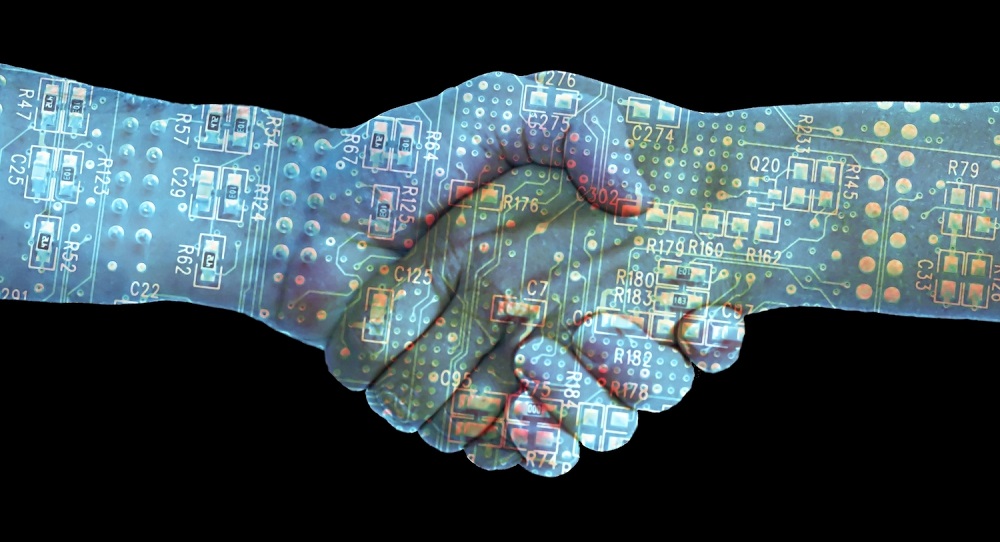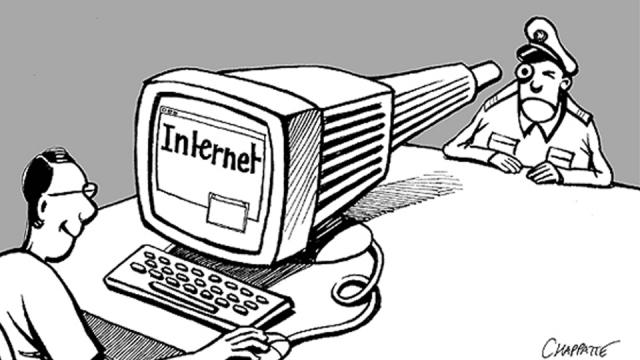Blockchain is a technology that is mostly associated with cryptocurrencies such as Bitcoin, Ethereum and countless more. The blockchain technology used in cryptocurrencies, is in essence a decentralized database or ledger that enables the transaction of tokens of value. These tokens of value can be generalized to represent money, data or anything else you can imagine. The major benefits of Blockchain include that the database cant be hacked and has an uptime of theoretically 100%, as the technology is distributed among many computers (tnooz, 2017). Until now, Blockchain technology is mostly used within the financial industry. However, there are many different industries where the Blockchain technology could be applied like for example the Airline industry.
So lets discuss some possible applications of the Blockchain technology in the airline industry that go beyond the exchange of money. At first, tickets of flights can be tokenized by an airline and sold to consumers directly, therefore avoiding electronic marketplaces. Smart contracts could enforce the terms and conditions as well as the payment procedure of the ticket purchase. Beyond that, the airline industry is famous for their loyalty programs. The loyalty program could also be tokenized so that consumers have instant access to their loyalty points and could use them for different airlines that have partnerships. Furthermore, security of information such as crew information, flight manifests and passenger records is vital to the airline industry. Blockchain is beneficial here, as it cant be hacked easily, because the technology is distributed among many different computers that disconnect in case of a breach. Therefore, the Blockchain technology would be ideal for managing and sharing information. At last, the blockchain technology could digitalize maintenance logs that hold information about airplane parts, reparations and any other detail. This would improve maintenance, aircraft security and safety within the airline industry. (Accenture.com, 2017)
The Lufthansa Group is the airline with the highest investment in Blockchain, as they are invested in the Swiss start-up Winding Tree. This start-up wants to create its own digital marketplace for travel in the B2B segment. If successful the Blockchain technology would allow the airline to bypass the middleman and sell directly to the customers, using the Blockchain technology. (Skift, 2017)
Work Cited
Accenture.com. (2017). The Potential of Blockchain for Airlines – Accenture. [online] Available at: https://www.accenture.com/nl-en/insight-potential-blockchain-technology-for-airlines [Accessed 14 Oct. 2017].
Skift. (2017). Lufthansa Partners With a Blockchain Provider in an Investment Worth Testing. [online] Available at: https://skift.com/2017/10/10/lufthansa-partners-with-a-blockchain-provider-in-an-investment-worth-testing/?utm_campaign=Early%20Time%20Zone%20-%20Skift%20Daily%20Newsletter&utm_source=hs_email&utm_medium=email&utm_content=57229739&_hsenc=p2ANqtz-_n1NefmKFHQ8yl5ic0buTWZd7fM_cWl8DgqVISndYIslVJ1Z52qL_H7hpV0TbL4eYbWgLFp5CJERXyDQChf-XAr5y54g&_hsmi=57229739 [Accessed 14 Oct. 2017].
tnooz. (2017). The what, why and how of blockchain in travel. [online] Available at: https://www.tnooz.com/article/applications-of-blockchain-travel/ [Accessed 14 Oct. 2017].


